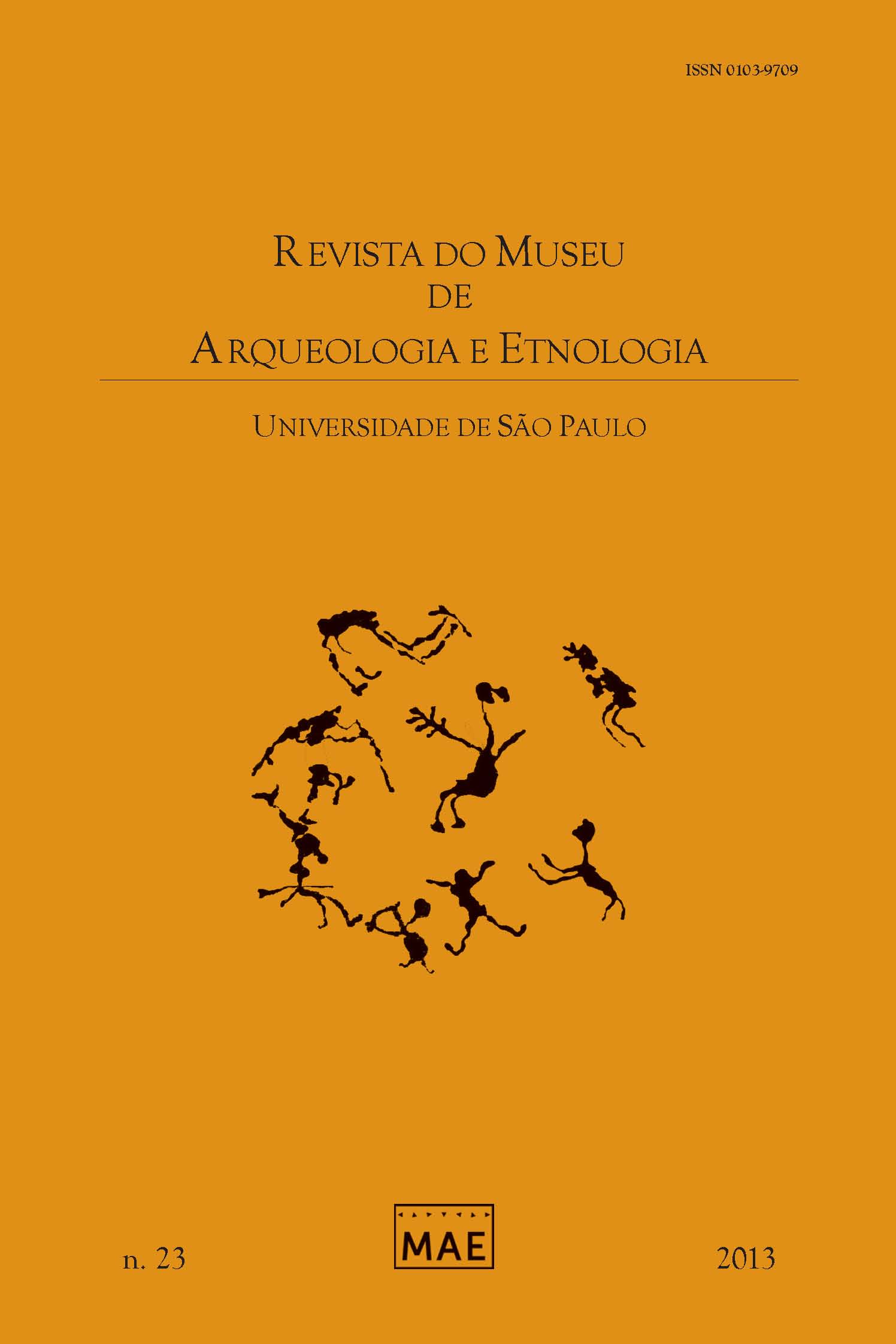Archaeology, Revolution and Falafel. The Egyptian Arcaheology and the Arab Spring
DOI:
https://doi.org/10.11606/issn.2448-1750.revmae.2013.106856Keywords:
Archaeology, Politic, Arab SpringAbstract
We lost the innocence and found that our so-called “science” not only fulfills the task of producing knowledge, but serves the interests of a multitude of individuals and groups. Recent events in the Arab Spring in Egypt once again showed how archeology and the past can be used as an ideological tool of nationalist movements. While President Hosni Mubarak defended the existence of a secular Egyptian identity, dating back to Pharaonic past, the Cairo Museum, custodian of pharaonic heritage, was seen as a symbol of the decaying state by part of the islamic community, and was transformed into the target attacks. On both sides the Egyptian past has been manipulated to serve nationalist interests during the revolution.
Downloads
Downloads
Published
Issue
Section
License
Copyright (c) 2013 José Roberto Pellini

This work is licensed under a Creative Commons Attribution-NonCommercial-NoDerivatives 4.0 International License.













